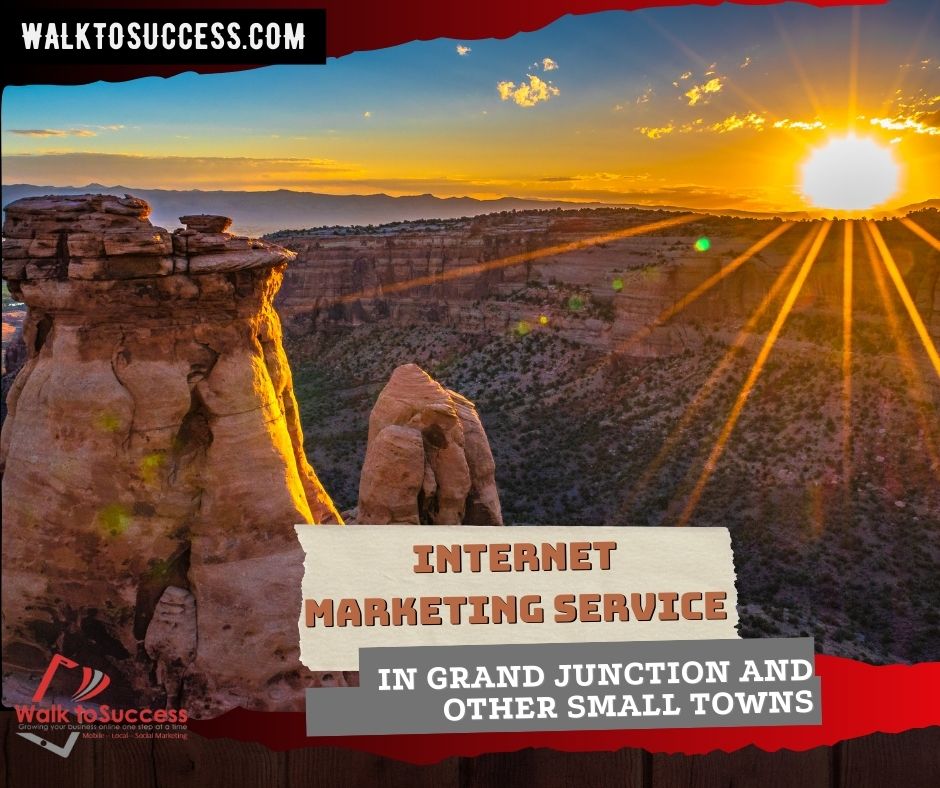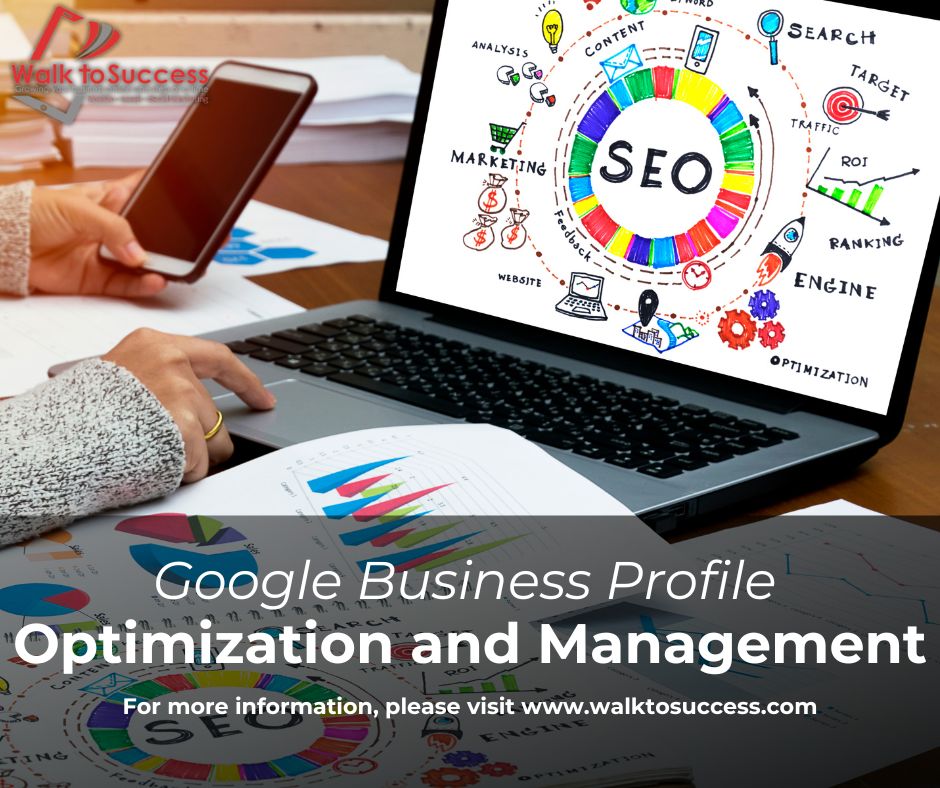Local SEO for Local Businesses in Small Town America.
Understanding the Importance of Local SEO
In today’s digital landscape, where mobile search continues to dominate, local SEO is crucial for reclaiming visibility for family-run businesses. Imagine running a charming bakery in your small town—without effective local SEO, customers may overlook your delicious pastries in favor of larger chains. A robust local SEO strategy, including keyword research focused on your geographical area, can significantly improve your chances of ranking higher in Google search results.
Consider this:
- 67% of consumers say they’re more likely to purchase from a local business if they find it through a local search.
- 46% of all Google searches are seeking local information.
This means optimizing your online presence to connect with local audiences is no longer just an option; it’s necessary.

Differences Between Local SEO in Micropolitan Cities and Small Towns
While local SEO principles remain significant, the applications can differ based on location type. For example, a micropolitan city—often defined as having a small urban core and surrounding areas—might have a more competitive landscape compared to a small town. In micropolitan areas, businesses may need to focus on:
- Broader keyword targeting to compete against more players.
- Enhanced digital marketing techniques such as local listings creation and management to stand out.
On the other hand, small towns typically feature:- Less competition, allowing businesses to capture market share easily with simple local search optimization tactics.- A tight-knit community where word-of-mouth advertising and reputation management can significantly influence consumer behavior.
Both environments require strategy and finesse in your local SEO efforts, but understanding these distinctions can help tailor your approach effectively.
Continuing from our exploration of optimizing your online presence, we delve into one of the most pivotal aspects of local SEO: the power of targeting specific local keywords.
Targeting Specific Local Keywords
When enhancing your visibility in local search results, it’s crucial to zero in on the keywords that resonate with your community. For instance, if you run a family-owned bakery in a micropolitan city, instead of solely focusing on broader terms like “bakery,” consider incorporating localized phrases such as “best bakery in [Your City].” This small tweak can significantly improve your engagement with potential customers in your area.
Here are steps you can take in your keyword research:
- Identify your local audience: Understand the demographics and needs of your community.
- Use keyword research tools: Tools like Google Keyword Planner can help you find local variations.
- Check competitor keywords: Analyze what works for similar businesses in your area to gain insight.

How Local Keywords Impact Search Engine Ranking
Integrating localized keywords isn’t just a trick for gaining attention; it is critical to your search engine ranking. Search engines like Google prioritize relevance, meaning they favor businesses that match the local intent of searches.
For example, if someone types “florist near me,” Google aims to provide results that are most relevant to their immediate location. Using the right local keywords makes your business stand a better chance of appearing higher on that list.
Benefits of targeting local keywords include:
- Increased visibility: More targeted searches mean more local traffic.
- Better conversion rates: Visitors looking for specific local offerings are more likely to become customers.
- Enhanced customer trust: Ranking well for local terms builds credibility in your community.
In conclusion, harnessing the power of local keywords helps you rank higher in Google search results and solidifies your business’s position within the local market, ultimately paving the way for increased foot traffic and sales.
Optimizing Google My Business Profile
Importance of Google My Business for Local SEO
As you venture into the world of local SEO, one of the most significant tools at your disposal is your Google My Business (GMB) profile. Think of GMB as your digital storefront. It not only helps you appear in local search results but also allows you to provide essential information about your business, such as your hours, location, and services, right when potential customers are looking for your services.
For small businesses, especially family-run ones, having an optimized GMB profile can make the difference between being found or overlooked. A well-crafted profile can lead to increased foot traffic, higher search visibility, and, ultimately, more sales. Remember the story of a local bakery that optimized its profile with appealing photos and engaging descriptions? They saw a remarkable uptick in new customers coming in, thanks to their improved online presence.
Tips for Optimizing Google My Business Profile
Now that you understand the importance of GMB let’s dive into how to optimize your profile effectively:
- Claim and Verify Your Listing : Start by claiming your business if you haven’t already. Verification ensures you have complete control over your information.
- Complete Your Profile: Fill in all information as completely as possible. Include:
- Business Name
- Address
- Phone Number
- Website
- Business Category
- Operating Hours
- Use High-Quality Images: People love visuals! Add photos of your products, services, or even the interior of your shop. For instance, a local restaurant’s mouth-watering dishes can attract food lovers by simply using appealing images.
- Encourage Customer Reviews: Remind your satisfied customers to leave positive reviews. These don’t only enhance your credibility but also boost your ranking in local searches.
- Post Regular Updates: Use the posts feature to share promotions, events, or news with your audience. Engaging with your audience through regular updates shows that you are active and mindful of your customers.
By following these tips, you can effectively elevate your GMB profile and enhance your local SEO strategy.
Continuing on our journey through the essentials of local SEO, one of the most impactful strategies you can employ is creating location-specific content. This process involves tailoring your messaging and material to resonate with the local audience you aim to attract. Let’s dive into some effective strategies and the benefits of this approach.
Strategies for Creating Location-Specific Content
- Incorporate Local Terms and Phrases: Use language that reflects the local culture and dialect. This not only engages your audience but also makes your content more relatable.
- Highlight Local Events and News: Stay updated with local happenings. Writing about an upcoming festival or community event can draw in local traffic. For example, if your business is in a place known for its annual fair, mention it in your blog or social media posts to capture local attention.
- Utilize Local SEO Tools: Tools like Google Trends can help you identify popular local keywords that resonate with the community. This directs your keyword research toward more localized terms, enhancing your visibility.
- Create Guides and Resources: Develop specific content, like “The Best Coffee Shops in [Your Town],” to provide value to your audience. People appreciate content that serves them directly, and it acts as a foundational piece for your SEO strategy.
- Fact-Check Local Information: Ensure all your location-specific content is accurate and up-to-date. Little mistakes can lead to lost credibility.
Benefits of Tailoring Content to Local Audiences
Tailoring your content to a local audience offers numerous benefits:
- Increased Engagement: Personalized content resonates more, leading to higher engagement rates.
- Improved Local SEO: Google favors localized content, helping you rank higher in local searches.
- Stronger Community Relationships: Focusing on local topics establishes a deeper connection with your audience, promoting loyalty and trust.
By embracing these strategies, you’re not just optimizing for search engines; you’re building relationships that can lead to lasting success.
Building Local Citations and Backlinks
As you delve deeper into local SEO, you’ll discover that building local citations and backlinks is crucial to improving your search engine rankings and driving traffic to your website. These elements enhance your online visibility and boost your credibility in your local community.

Importance of Local Citations and Backlinks
Local citations are mentions of your business name, address, and phone number (NAP) across various online directories, while backlinks are links from other websites that point to your site. Here’s why both are essential:
- Trustworthiness: Search engines, like Google, consider the consistency and quantity of your citations. A well-cited business typically ranks higher in local search results.
- Visibility: Quality backlinks from respected sites can significantly enhance your online presence and drive more targeted traffic to your site.
For example, a restaurant in a small town that appears in local directories or featured in a community blog will likely see an increase in foot traffic. The more reputable the source, the better.
How to Earn Quality Local Citations and Backlinks
Building these vital links requires a strategic approach. Here are some effective methods you can use:
- List Your Business in Local Directories: Ensure you’re registered on platforms like Yelp, Yellow Pages, and Google My Business. Consistency in your NAP across these sites is vital.
- Engage with Local Media: Reach out to local newspapers or online news sites. Offering to share your expertise on local topics can lead to valuable backlinks.
- Collaborate with Other Local Businesses: Form partnerships or arrange cross-promotions. This can result in shared backlinks and expanded audiences.
- Attend Local Events: Being involved in your community boosts your visibility and can earn you mentions on local news sites or blogs.
By actively managing your local citations and seeking quality backlinks, you can enhance your local SEO efforts, ultimately leading to greater visibility and success for your business. This is the pathway to ensuring you rank higher in Google search results and attract more customers from your community.
Continuing our exploration of effective local SEO strategies, one essential element you can’t overlook is leveraging social media for local engagement. This not only enhances your online presence but also fosters a deeper connection with your community.
Engaging with Local Communities on Social Media
Social media platforms offer a vibrant space to connect with your local audience. Engaging with community members can significantly impact your brand visibility and customer loyalty. Here are some strategies to consider:
- Host Local Events: Use platforms like Facebook to promote events that matter to your community. For instance, if your family-run business is hosting a charity run or a local farmers’ market, share engaging posts about it.
- Respond to Local Trends: Are there any local happenings or news stories? Responding to these can create relatability. For example, if there’s a new park opening, you might post about how your business supports such initiatives.
- Feature Local Customers: Showcase stories of local customers using your products or services. This not only builds community but also enhances credibility.
Utilizing Social Media Platforms for Local SEO Strategy
Beyond engagement, social media is a powerful tool for your local SEO strategy. Here’s how to effectively utilize it:
- Local Listings Creation: Ensure that your business is mentioned on platforms like Google My Business or Yelp, which integrates seamlessly with social media advertising.
- Keyword Research: Develop a list of local keywords relevant to your business. Incorporate these into your posts to help rank higher in local searches.
- Content Planning: Create a social engagement strategy with a content calendar that aligns with local events, holidays, and promotions. Regular posts keep your audience informed and engaged.
In short, engaging with local communities on social media not only fosters relationships but is also vital to enhancing your local SEO. Take actionable steps today to invest in these relationships, and the results will surely follow!
Continuing from our discussion on leveraging local SEO strategies, measuring your performance is an essential aspect of your efforts. Understanding how your local SEO initiatives are performing allows you to fine-tune your approach, ensuring that you rank higher in Google search results and attract more customers.
Key Metrics to Track for Local SEO
When it comes to evaluating your local SEO success, there are several key metrics worth tracking:
- Local Search Ranking: Monitor where your business ranks for targeted local keywords.
- Google My Business Insights: Keep an eye on how customers interact with your listing. This may include views, clicks on your website, and calls to your business.
- Website Traffic: Analyze the volume of traffic your website receives from local searches. This can give you insight into how effectively you’re attracting local customers.
- Conversion Rates: Track how many visitors from local searches make purchases or inquiries on your website. Higher conversion rates indicate effective local SEO.
By keeping tabs on these metrics, you can effectively gauge your local SEO performance and identify areas for improvement.
Tools for Monitoring and Analyzing Local SEO Performance
There’s no shortage of tools to help you track your local SEO metrics. Here are some of the most useful ones:
- Google Analytics: A powerful tool that offers insights into website traffic, demographics, and user behavior.
- Google Search Console: Monitor your search performance and adapt your strategies based on which keywords drive traffic.
- Moz Local: This tool specializes in managing local listings and tracking how your business appears across different platforms.
- SEMrush: A comprehensive SEO tool that allows you to analyze your competitors, track keyword rankings, and monitor backlinks.
Utilizing these tools will bring clarity to your local SEO strategy, enabling you to enhance your digital marketing efforts. By focusing on your local audience and measuring performance, you can more precisely navigate your path to success.




0 Comments